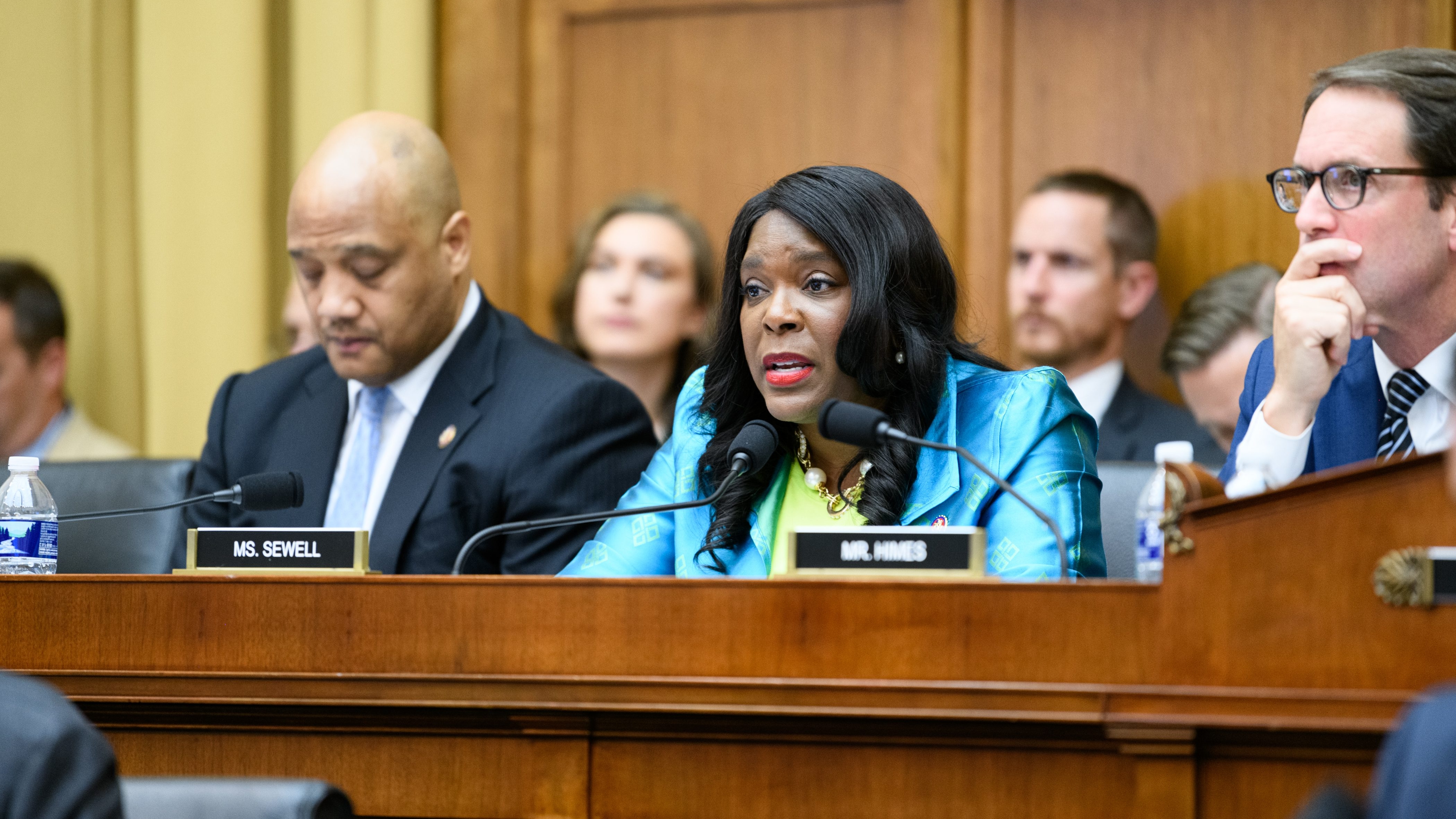On Friday, the House of Representatives passed Rep. Terri Sewell’s bill to restore voting protection and eliminate potential local and state voter suppression laws.
The bill, HR4 or the Voting Rights Advancement Act, had previously failed four times to pass the Republican-led house. The bill passed 228 to 187 with only one Republican voting with the Democrats to pass it.
The bill is meant to “restore the Voting Rights Act of 1965 by outlining a process to determine which states and localities with a recent history of voting rights violations must pre-clear election changes with the Department of Justice.”
The Supreme Courts’ 2013 Shelby County v. Holder ruling struck down Section 4(b) of the Voting Rights Act of 1965, which required several states, including Alabama, to pre-approve any changes in election rules with the federal government as a means of preventing voter discrimination.
Since 2015, Sewell has pushed for the passage of this bill, which seeks to restore the Voting Rights Act by developing a process to determine which states must pre-approve election changes with the Department of Justice.
“Voting is personal to me, not only because I represent America’s Civil Rights District—but because it was on the streets of my hometown, Selma, Alabama, that foot soldiers shed their blood on the Edmund Pettus Bridge so that all Americans—regardless of race—could vote!” Sewell said in a statement. “I am so proud that, today, the House took critical steps in addressing the Supreme Court’s Shelby decision and passed HR4, the Voting Rights Advancement Act, to restore the Voting Rights Act of 1965 to its full strength.”
The bill will also require a nationwide pre-clearance of known discriminatory practices, such as the creation of at-large districts, inadequate multilingual voting materials, cuts to polling places, changes that reduce the days or hours of in-person voting on Sundays during the early voting period and changes to the maintenance of voter registration lists that adds a basis or institutes a new process for removal from the lists, where the jurisdiction includes racial or language minority populations above a certain percent threshold.
Under HR4, there are three ways to become a covered jurisdiction that is required to pre-approve election changes:
- States with a history of 15 or more violations at any level in the previous 25 years; or
- States with a history of 10 or more violations, if one violation occurs at the state level in the previous 25 years; or
- Political subdivisions or localities with three or more violations in that subdivision in the previous 25 years.
After passing the House, the bill now heads to the Republican-controlled Senate.



















































